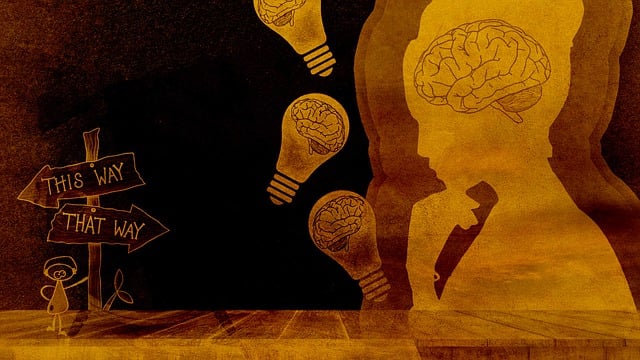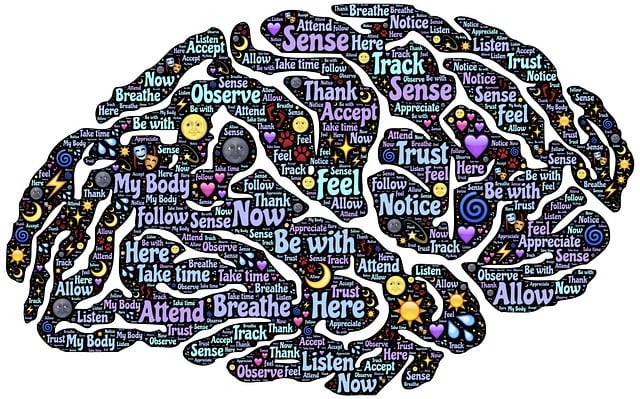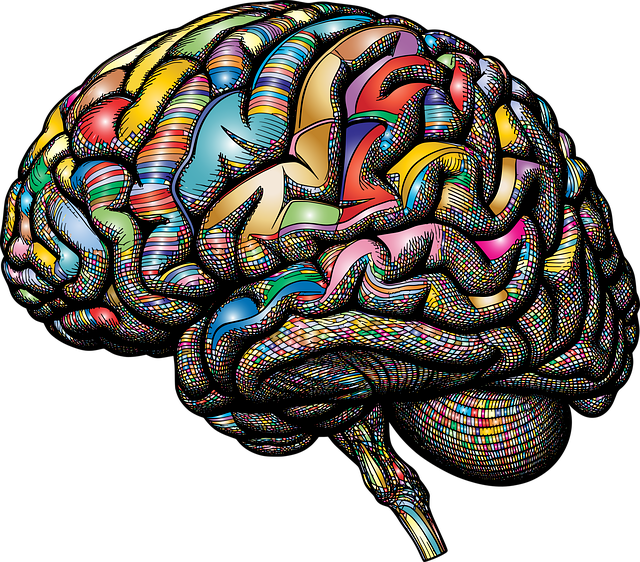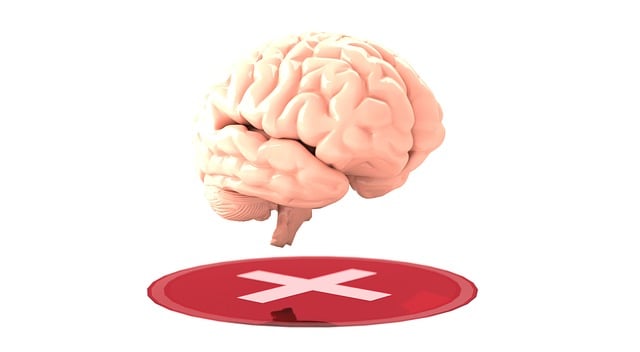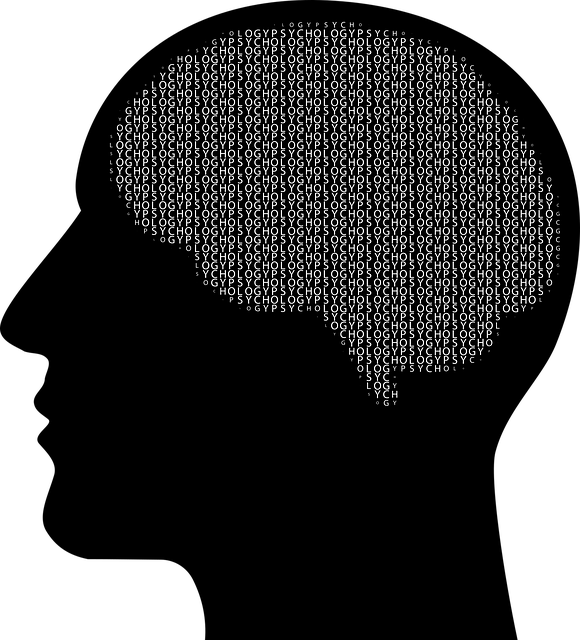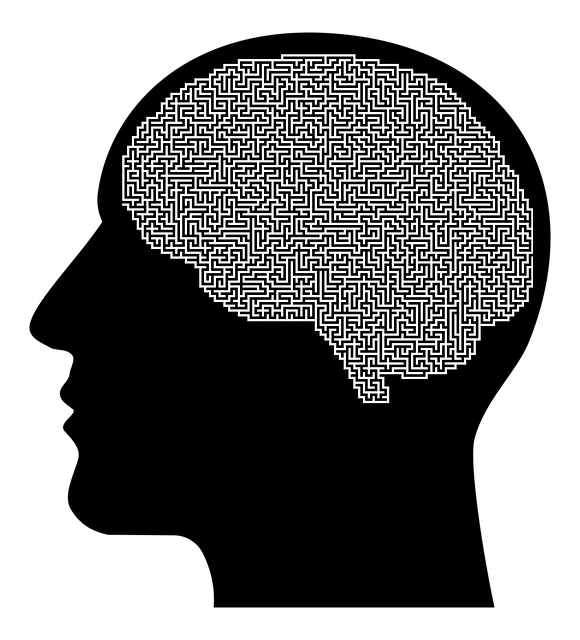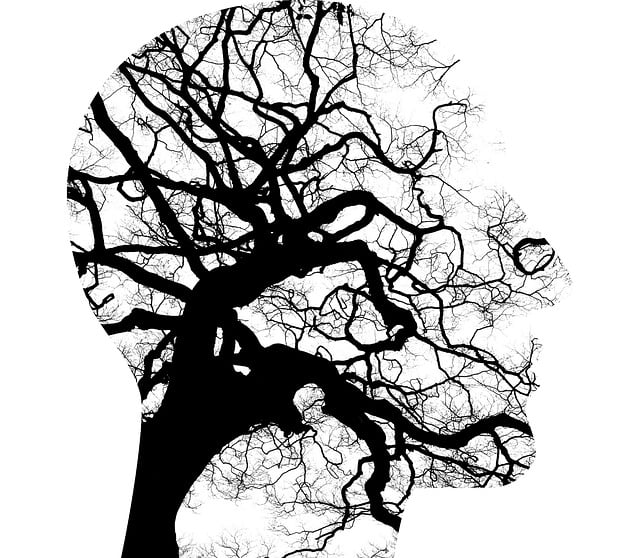The digital age offers accessible, engaging solutions for Mental Wellness Apps tailored to elders with psychosis, addressing their unique needs through stress management tools, mindfulness exercises, and cognitive-behavioral strategies. These apps focus on building confidence and emotional regulation, providing personalized feedback, tracking progress, and fostering a sense of control. Effective therapy apps tailor treatment plans based on individual symptoms, incorporating mood tracking, journaling, meditation guides, social skills training modules, and virtual group therapy sessions to improve self-esteem and quality of life. Development involves understanding demographic needs through research, designing intuitive interfaces, integrating mind over matter principles, and adhering to ethical considerations with regular updates based on user feedback and mental health research.
In today’s digital age, mental wellness apps offer a promising approach to improving therapy for elders suffering from psychosis. As technology advances, these applications provide accessible and personalized support, filling critical gaps in traditional healthcare services. This article explores the growing necessity of mental wellness apps tailored for this demographic, delving into their key features and development process. We also examine ethical considerations and future prospects, highlighting the potential to revolutionize therapy for elders with psychosis.
- Understanding the Need for Mental Wellness Apps for Elders with Psychosis
- Key Features and Components of Effective Therapy Apps
- Development Process, Ethical Considerations, and Future Prospects
Understanding the Need for Mental Wellness Apps for Elders with Psychosis

The digital age presents a unique opportunity to address mental health challenges among elders, particularly those dealing with psychosis. With an increasing elderly population worldwide, there is a growing need for accessible and engaging solutions that cater to their specific needs. Mental wellness apps offer a promising approach to supplement traditional therapy for elders with psychosis, providing them with tools tailored to their unique circumstances.
These apps can facilitate stress management techniques, which are crucial for maintaining emotional stability. By incorporating mindfulness exercises, meditation practices, and cognitive-behavioral strategies, elders can learn effective ways to cope with symptoms of psychosis and improve overall well-being. Additionally, focusing on building confidence and enhancing emotional regulation is essential. Apps designed with these aspects in mind can offer personalized feedback, track progress over time, and provide a safe space for users to express themselves, fostering a sense of control and empowerment.
Key Features and Components of Effective Therapy Apps

Effective therapy apps for mental wellness must incorporate several key features to ensure they cater to the needs of users, particularly elders dealing with psychosis. Firstly, personalized treatment plans tailored to individual symptoms and progress are crucial. These apps should offer a blend of structured activities, such as cognitive behavioral therapy (CBT) exercises, and flexible, on-demand sessions for real-time support. Incorporating features like mood tracking, journaling, and meditation guides allows users to actively engage in their mental wellness journey.
Additionally, social skills training modules can significantly enhance the app’s effectiveness, fostering a sense of community and connection among users. By promoting self-esteem improvement through interactive exercises and positive reinforcement, these apps can empower elders to better manage psychosis symptoms and improve their overall quality of life. Features that facilitate virtual group therapy sessions or peer support networks are particularly beneficial, addressing the social aspects often affected by mental health conditions.
Development Process, Ethical Considerations, and Future Prospects

The development process for a mental wellness app, especially focusing on therapy for elders with psychosis, involves several key steps. Firstly, identifying specific needs and challenges faced by this demographic is crucial. Research should include interviews, surveys, and studies to understand their unique requirements. This phase ensures the app provides tailored support addressing symptoms like delusions, hallucinations, and cognitive impairments. Next, designing an intuitive user interface is vital for widespread adoption; simplicity and accessibility are paramount, especially when targeting older adults who may have varying levels of digital literacy. Incorporating mind over matter principles and resilience building techniques can empower users to manage their mental health proactively.
Ethical considerations play a significant role in app development, particularly when dealing with sensitive mental health data. Ensuring user privacy, obtaining informed consent, and adhering to data protection regulations are non-negotiable. Developers must also address potential digital disparities by making the app accessible on various platforms and ensuring it functions seamlessly across different devices and internet speeds. Furthermore, the app should be regularly updated based on user feedback and evolving mental health research to maintain its effectiveness. Considering these aspects paves the way for a successful launch and sustained impact in improving mental wellness among elders affected by psychosis.
Mental wellness apps have the potential to revolutionize therapy for elders experiencing psychosis by offering accessible and personalized support. By integrating evidence-based practices and user-friendly interfaces, these applications can significantly improve mental health outcomes. As technology advances, developers must prioritize ethical considerations and user feedback to create effective tools that cater to the unique needs of this demographic. The future of mental wellness app development lies in fostering connection, promoting independence, and enhancing the overall well-being of older adults.




